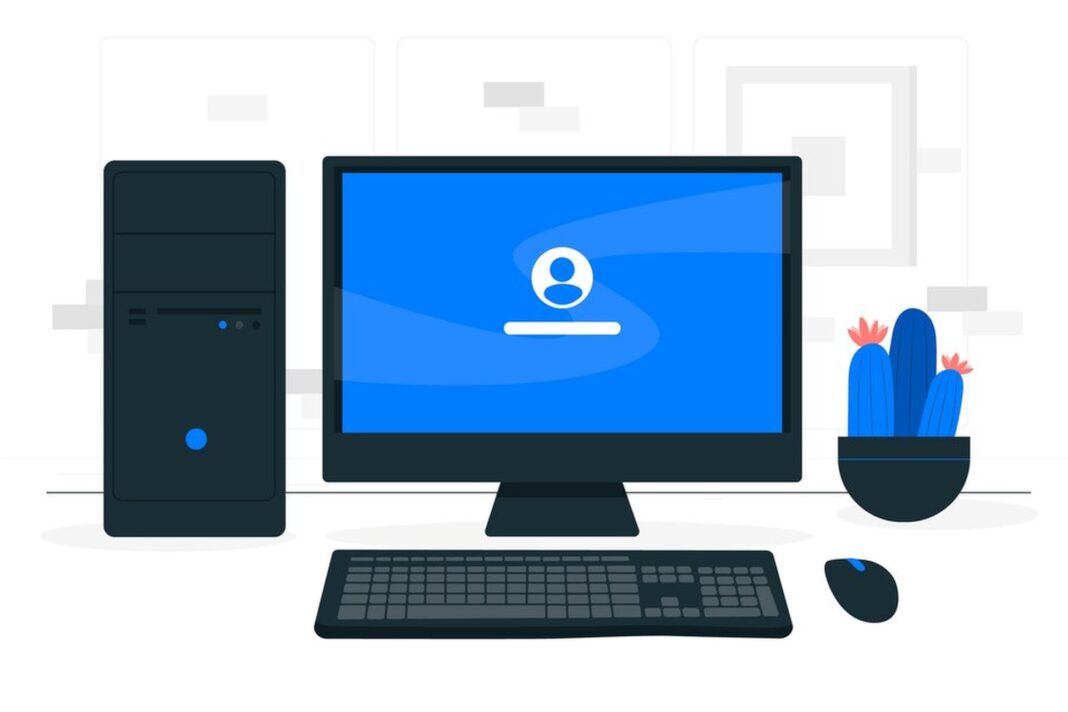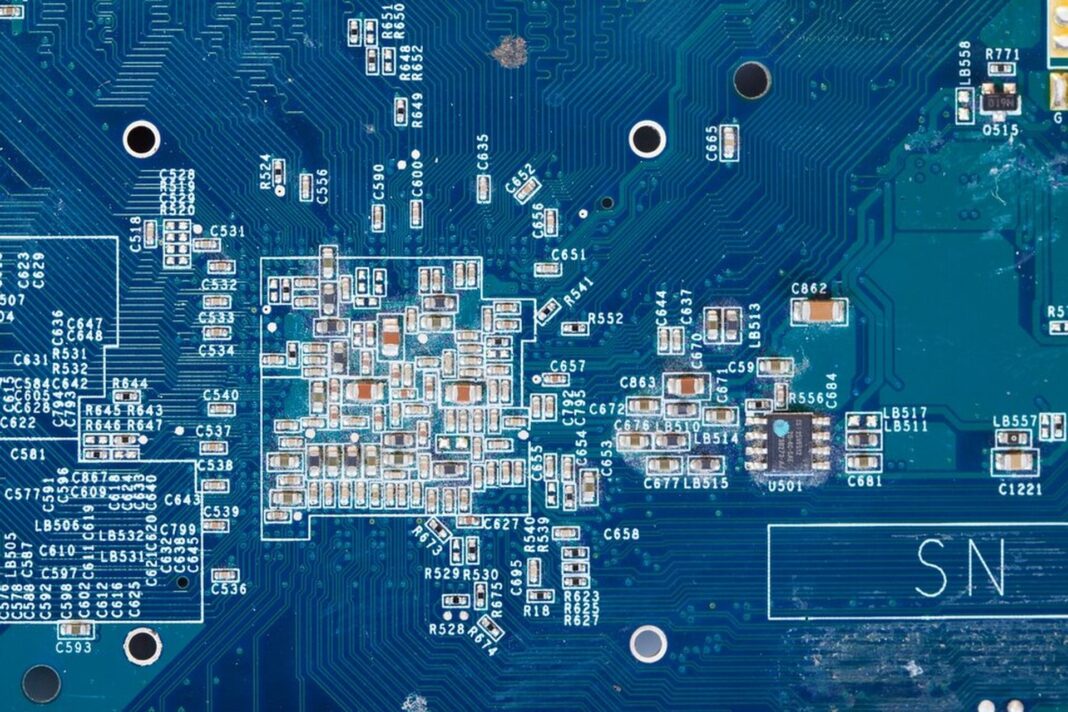Understanding The Basics Of DIY Computers
Building a computer from scratch might be intimidating. Understanding the basics simplifies the process. DIY computers let users choose their parts. Core components include CPU GPU motherboard power supply RAM and storage devices. Knowing each part function speeds up construction.
Component compatibility is essential. The CPU must operate with the motherboard and the power supply must support everything. Build a DIY computer to learn about technology. Individuals learn how computers and components interact. This information helps with troubleshooting and updates.
Importantly research which components fit gaming or professional jobs. Online forums and reviews help builders find good components. Also step by step instructions simplify assembly. The feeling of accomplishment after building a computer attracts many DIYers. It makes abstract information concrete.
Cost Analysis: DIY vs Pre Built
DIY and pre-built choices are commonly compared while budgeting. DIY builds vary in cost. It mostly relies on components. High end gaming PCs may be expensive. Budget components may still function well.
Premium pre-built PCs cost more. Manufacturers add labor warranties and brand markups. These PCs are convenient but may not be the greatest value for money. DIYers frequently save more by choosing components. Sales and promotions may result in big reductions when comparing prices online.
Also significant is lifespan. Self builders might pick high quality components to extend computer life. Personal preferences may be changed making upgrades easy. However pre built systems may not allow upgrades forcing users into obsolete technology.
Finally, long term cost analysis is crucial. Consider the computer and components‘ lifetime. Custom built PCs might also be more valuable to resell. Return helps justify the initial investment.
Customization Potential In DIY Builds
Computer customization remains a major benefit. DIY constructions show personal taste. Individual preferences may be applied to anything from the graphics card to the casing. Professionals may seek powerful CPUs and RAM whereas gamers may emphasize high end GPUs.
A variety of options customize the computer look. Style may be expressed in custom situations. Each setup may stand out with RGB lights, distinctive fans and bespoke cooling. PC building communities rely on sharing unique machine creations.
DIY builds provide you flexibility for updates. Changing components as technology progresses keeps the system relevant. Overclockers may set their settings without manufacturer limitations. This degree of control optimizes task specific performance.
Software selection is likewise user controlled. Operating systems and applications tailored to their needs boost efficiency. Customizing hardware and software optimizes PC performance. DIY builders have the flexibility to create their machines.
Performance Comparisons: Which Delivers More
Performance variations between DIY and pre-built systems may be substantial. Custom built computers usually perform better per dollar. Builders may improve gameplay and productivity by selecting components. Specialized components improve performance in demanding situations.
While convenient pre-built systems frequently sacrifice performance. They serve wider market demands which may not suit particular duties. Pre-built choices generally fall short for gamers. Off-the shelf components in pre-built systems generally reduce performance.
Benchmarking tools reveal each option’s performance. DIY builds improve frame rates and multitasking according to several users. This efficiency shows the advantages of task specific hardware choices.
The ability to update components also boosts performance. The ability to switch to newer technology extends longevity and relevance. Performance comparisons favor building rather than buying.
Time Investment DIY vs Buying Ready Made
Time is vital when choosing between DIY and pre-built computers. For experienced builders system construction might take hours to a day. It requires careful planning and assembly which many like. The approach helps users grasp the equipment by familiarizing them with every part.
Buying a pre-built PC is easier and faster. No technical expertise or work is needed. Customers may use their gadgets right away after unpacking. Pre-built alternatives may not meet requirements or desires. Time saving compromises flexibility and customization.
Future requirements must be considered. A DIY construction enables system evolution but takes longer for updates. Pre-built computers may fall behind the technology. The newest components are hard to keep up with.
Total time investment reflects personal priorities. Buyers wanting rapid results may choose pre-built products. At the same time those willing to spend time on a bespoke solution may enjoy constructing it.
How Skill Level Affects Your Choice?
Choosing between DIY and pre-built PCs depends on skill level. The building might intimidate beginners owing to blunders. However, many tutorials and forums help. Building may be beneficial for those eager to learn.
Technical people find DIY constructions more interesting. They may customize systems by trying different components and settings. These builders typically help novices. Mentorship in online communities encourages new builders.
Those without technological knowledge may select pre-built PCs. Their decision typically depends on dependability. Buying a pre-made machine reduces compatibility and mistake concerns.
Familiar people have a balance. While enjoying the process they may buy all in one choice. This compromise combines convenience with fostering involvement. Skill level affects preferences and computational paths.
How Much Can I Save By Going DIY?
Building a computer saves a lot over buying one. DIY computers let users choose their components, saving money. Prices might fluctuate greatly due to special promotions or cheaper alternatives. Savings may be huge by purchasing carefully.
A pre-built system generally costs more. Labour transportation and brand surcharges may raise pricing. A bespoke construction may also provide a better computer for the same money as a pre-built one. Better graphics or more storage may be had without splurging.
Context matters when estimating savings. Budgeters and gamers will benefit more from a DIY build while casual users may not. Still savings are possible. Over time users may construct a strong system on a budget by buying excellent components.
Are Pre Built Computers Reliable?
Pre-built PC buyers worry about reliability. Most trusted brands make trustworthy machinery. They are rigorously tested before release ensuring quality. These systems come with warranties for peace of mind.
However pre built systems may include subpar parts. For the economy several companies make computers with low quality components. This may reduce performance and lifespan. Buying with knowledge about setups and reviews is crucial.
DIYers claim custom built computers are more reliable. A durable system may be developed by selecting excellent parts. This needs much knowledge and experience. Pre-built choices are safer for many but dependability relies on the manufacturer and components.



